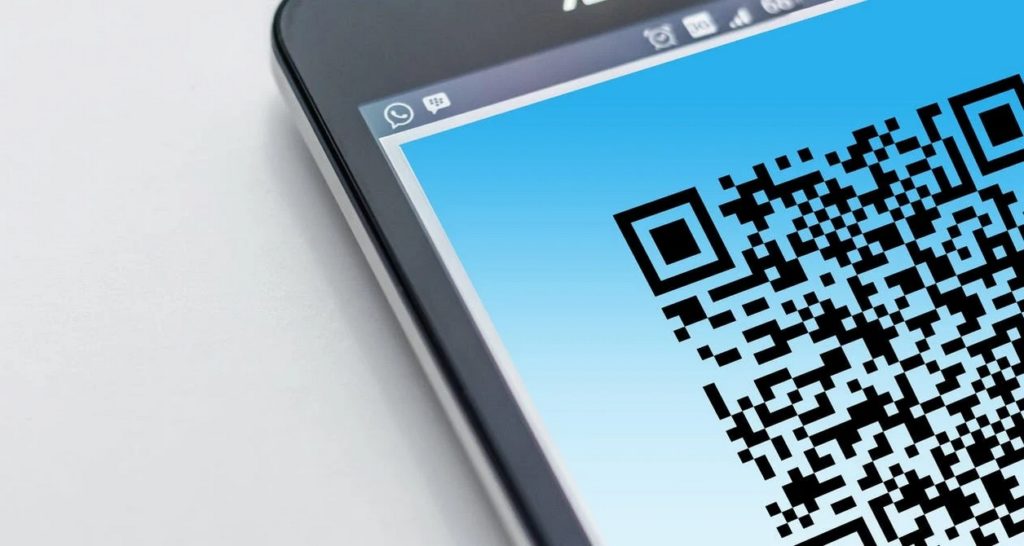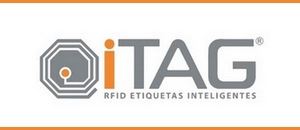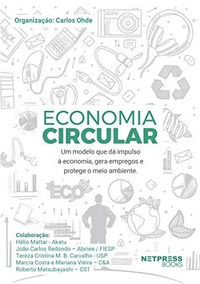Edson Perin
Few people know the story about QR Codes. Most of them believe that two-dimension (2D) way of encoding products is something recent with less than 10 years of existence, if so. This is not true. QR Codes come from 1984, when a division of the Toyota Group, called Denso, has developed a technology, created by Masahiro Hara, originally with the intention to make manufacturing operations more efficient.
However, Denso decided to make the technology license-free to encourage the use by as many people as possible. Denso released QR Code for general use and nowadays is used in many countries all over the world.

However, during Covid-19 pandemic, QR Codes became more adopted and known by many companies, restaurants, stores, and lots of consumers too. Governments, for instance, started issuing QR Codes certificates to citizens as proof of vaccination.
The vaccination certificate, in those cases, has a secure QR Code to protect it against falsification. The code contains all the requisite information about the individual linked to the person’s mobile number and it can be saved in any smartphone directly. It allows people to travel across the world.
QR Codes are also used in touchless payment solutions, based on smartphones, supporting social distancing and reducing physical contact with shop staff. This is another way to comply with Covid-19 regulations and promote public health and safety.
More than this, after the pandemic customers learned to access menus information from QR Code using their own smartphone or tablet. QR Code-based contactless food ordering service provides safe dining environment and can reduce risk of contact infection by paper or plastic menus.

Serialized QR Codes, the ones which have an individual identification to each thing or person, are now in use by companies that, first, did not consider important to identify and track automatically all their products. Now, food, beverage and pharmaceutical companies are adding QR Codes to guarantee authenticity and protect their brands from criminal action.
Adding to QR Codes information from RFID, Digital Printing or other technology, companies are discovering they can use an easier interface to read data from a Smart Supply Chain just using a smartphone as interface.
QR Codes are not young and are changing the way we do business in a very deep way. Pay attention to QR Codes taking place in where they were not just a couple of years ago. They are omnipresent and part of the new world we are living.
Edson Perin is the editor of IoP Journal and founder of Netpress Books.
Photo: click here



















